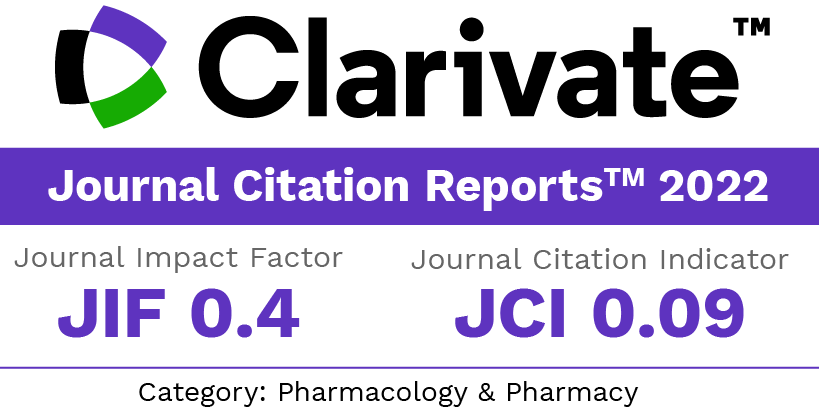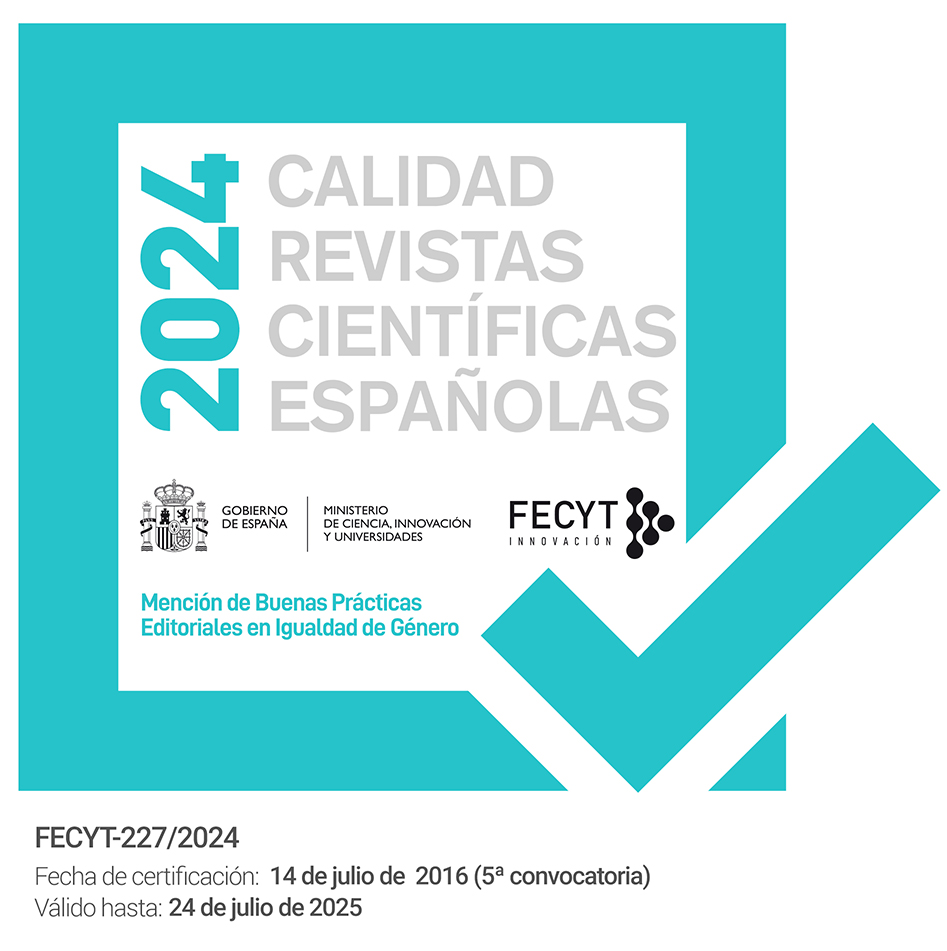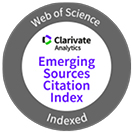Español
Abstract
The problems of the Schools of Pharmacy are established within the context of realities of professional practic·e and of the needs of the Society and under future perspectives of an homologation with the countries of the Council of Europe, which are offered. The evolution of curricula is critically analyzed and an adaptation to present needs is defended. The pharmacist has a specific task to realize within the broad field oi Medicine and Health, which is exclusively his own, and which he must perform with efficiency and authority for a better service to Society. The fundamental shift in the ortentation of the goals of the pharmaceutical operation consists in dealing with not only on material properties of medicines ( physicay, chemical and pharmacy aspects) but also on the action "in vivo" of the medicine. In other words, the change consists in a movement toward a clínical orientation in pharmacy education. Finally, is stressed the pressing need of adapting the educational policy to the employment policy.
Downloads
Downloads
Published
How to Cite
Issue
Section
License
The articles, which are published in this journal, are subject to the following terms in relation to the rights of patrimonial or exploitation:
- The authors will keep their copyright and guarantee to the journal the right of first publication of their work, which will be distributed with a Creative Commons BY-NC-SA 4.0 license that allows third parties to reuse the work whenever its author, quote the original source and do not make commercial use of it.
b. The authors may adopt other non-exclusive licensing agreements for the distribution of the published version of the work (e.g., deposit it in an institutional telematic file or publish it in a monographic volume) provided that the original source of its publication is indicated.
c. Authors are allowed and advised to disseminate their work through the Internet (e.g. in institutional repositories or on their website) before and during the submission process, which can produce interesting exchanges and increase citations of the published work. (See The effect of open access).


















